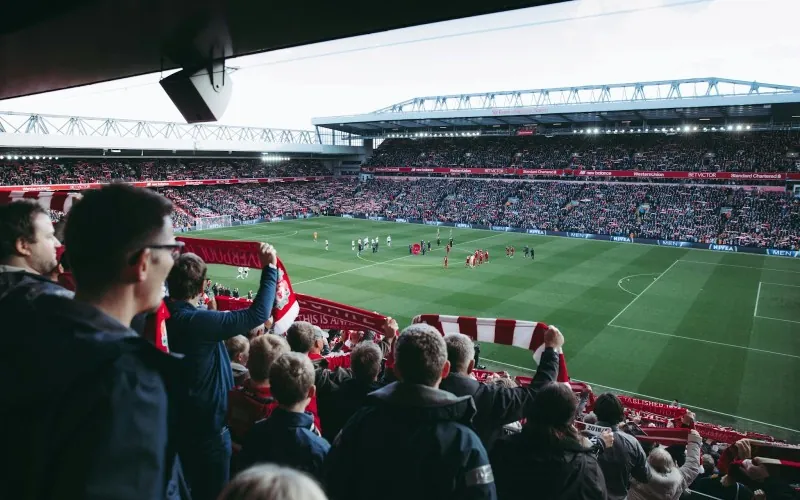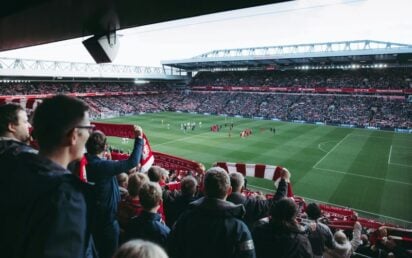Major sporting events are among the most influential economic drivers in the UK. From football tournaments to Wimbledon and The Ashes, these spectacles bring in millions of spectators, stimulate tourism, and generate large-scale media coverage. Local economies benefit from increased spending in hospitality, travel, and retail, with businesses preparing well in advance to capitalise on the surge. Cities hosting events often see short-term economic boosts and long-term infrastructure improvements. This consistent cycle of activity highlights the integral role sport plays in not just culture, but commerce too.
Besides direct revenue, major sporting events create employment opportunities across sectors. Event planning, security, marketing, and broadcasting all require manpower, leading to short-term job creation. Local councils and private contractors often hire additional staff during these times, contributing to regional employment rates. Additionally, small businesses such as local pubs, restaurants, and souvenir vendors see a spike in trade. The economic halo of a sporting event extends further than ticket sales, every aspect of hosting and accommodating large crowds feeds into the national economy in one form or another.
A key element in the excitement surrounding these events is online sports betting. Fans often enhance their viewing experience by placing bets on outcomes, making each moment of the match feel more personal. Many are turning to betting sites UK 2025, which offer up-to-date odds, a wide range of sports markets, and seamless platforms tailored for mobile and desktop use. These sites are favoured for their user-friendly interfaces and real-time updates, allowing users to place bets as the action unfolds. The combination of live sports and immediate wagering adds a thrilling edge to already intense competitions.
Sporting events also have a noticeable effect on television and streaming figures, which often break records during high-profile matches. This, in turn, draws lucrative advertising deals and boosts subscriber numbers for broadcasters. Companies capitalise on this surge in viewership by rolling out tailored marketing campaigns and exclusive deals. Advertisers are keen to align their brands with moments of national pride and drama, recognising the emotional connection audiences have with their teams. For networks, it’s an opportunity to secure long-term customer loyalty and increase digital engagement across platforms.
Hospitality is another sector that thrives during major sporting events. Hotels near stadiums often experience full occupancy, and prices can surge significantly due to demand. Restaurants and bars see increased footfall, especially those airing live matches or offering themed promotions. Travel operators benefit from heightened activity as fans move across the country to attend matches. National rail services, airlines, and coach companies typically report spikes in bookings. These patterns showcase how an event’s reach can affect industries not directly tied to sport but reliant on the movement and activity it generates.
Major events also offer a platform for local areas to gain national and international exposure. Towns and cities that may otherwise remain under the radar become focal points during tournaments. This exposure can lead to longer-term tourism as visitors return after discovering these destinations. Local councils often invest in beautification and urban renewal projects ahead of hosting duties, hoping to leave a lasting impression on attendees. In some cases, these improvements can lead to sustained growth, with new businesses emerging to meet the increased interest and infrastructure upgrades.
Sponsorship and merchandising represent another major economic avenue. Brands pay significant sums to be associated with teams and tournaments, and in return, gain visibility and access to massive audiences. Fans eagerly purchase team merchandise, including shirts, scarves, and memorabilia, contributing to a retail spike. This consumer activity strengthens both local economies and the broader retail sector. Limited-edition product drops, online exclusives, and themed merchandise further drive engagement, particularly among younger demographics looking for a way to express loyalty to their favourite teams.
While ticket sales contribute to the overall financial landscape, the digital experience has become increasingly monetised. Fans unable to attend in person engage through apps, fantasy leagues, and live social media interactions. Many spend money on premium subscriptions, second-screen experiences, and digital add-ons, all of which bolster the tech and entertainment industries. This shift to digital engagement expands the revenue possibilities far beyond the physical stadium and enables businesses to interact with fans globally.
Increased media attention often prompts educational and cultural initiatives tied to the sporting event. Museums, galleries, and schools may create temporary exhibits, host talks, or run themed programmes, fostering civic engagement. These initiatives add to the cultural capital of the region and offer new ways for people to connect with the sporting event. They also drive foot traffic to local institutions and provide alternative experiences for those less inclined to attend matches or participate in betting.
The ripple effect of these events extends even further when international audiences are involved. Tourists visiting for events spend money on travel, accommodation, and entertainment, directly injecting foreign currency into the local economy. Their positive experiences can lead to social media sharing, word-of-mouth promotion, and even repeat visits. A successful event can boost the UK’s reputation as a global sports hub and encourage further investment and tourism.


